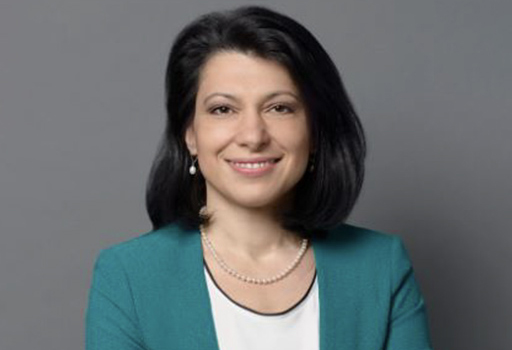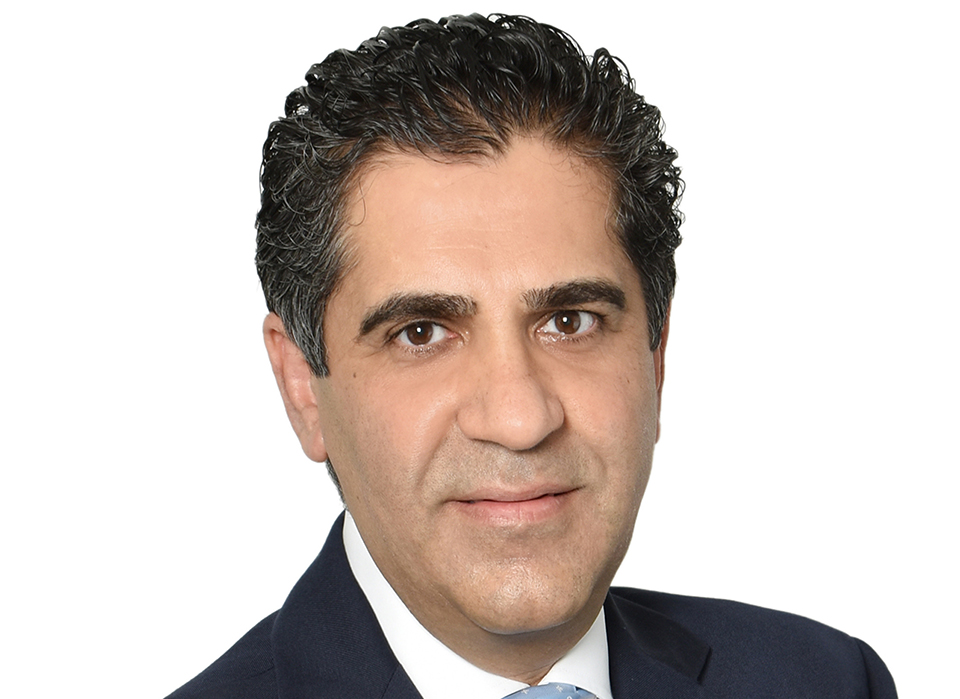
|
IN ADDITION |
|
|
By the summer of 2008 it was clear that disaster loomed, so Euromoney was happy to respond to a call for assistance from the UK government.
A secondment with chancellor Alistair Darling began in August, soon after he made a statement on economic prospects that infuriated prime minister Gordon Brown.
Access intelligence that drives action
To unlock this research, enter your email to log in or enquire about access



